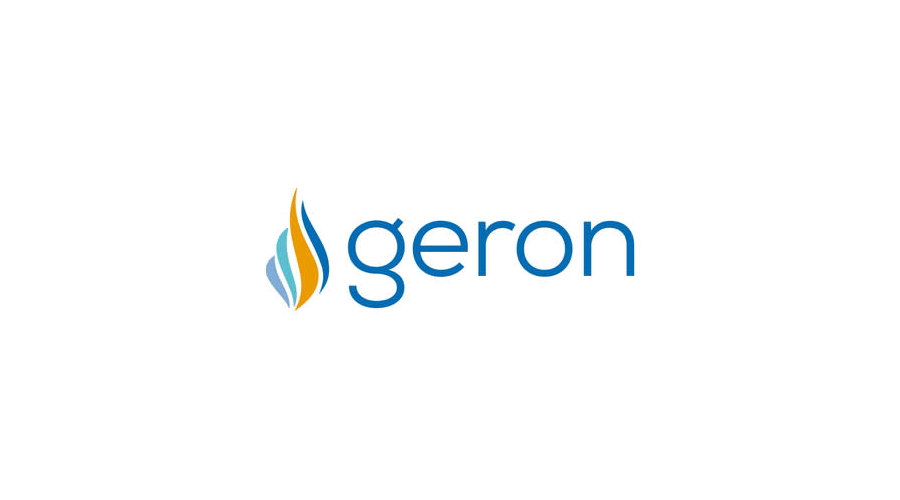Geron finally gets close to a product approval with imetelstat

More than 30 years after it was first formed, Geron is on the cusp of bringing its first product to market, after imetelstat hit the mark in a phase 3 trial in patients with myelodysplastic syndromes (MDS).
The Foster City, California-based biotech said today that its IMerge trial of imetelstat – vying to become the first telomerase inhibitor to reach the market – hit its objectives in patients with lower risk MDS, a rare group of bone marrow cancers.
Shares in Geron leaped on the readout, up almost 28% at the time of writing, after the company said it would be moving ahead with a regulatory filing for imetelstat in the US and Europe later this year.
The drug significantly improved the proportion of patients with MDS who had no need for blood transfusions at eight weeks, its primary endpoint, which was a "highly statistically significant and clinically meaningful improvement," according to Geron.
MDS can lead to life threatening disease, including acute myeloid leukaemia (AML), as well as anaemia and increased risk of bleeding and infections. Imetelstat also improved transfusion independence at 24 weeks and reduced the number of transfusions patients needed, both secondary endpoints, and raised haemoglobin levels.
The data helps to justify Geron's faith in telomerase as a target in cancer, a category that has been on the pharma industry's radar for decades, but has yet to deliver a molecule to market. The cellular enzyme is overexpressed in up to 90% of cancers, but is almost always absent in normal cells, with a few exceptions such as stem cells.
Geron is well in front of its rivals in the class with imetelstat (GRN163L), a chemically modified oligonucleotide, although there have been concerns about cardiotoxicity with the drug – a problem that has also afflicted other candidates that have advanced into the clinic.
In IMerge, safety results with imetelstat were consistent with prior imetelstat clinical experience with no new safety signals, according to Geron's chief executive John Scarlett, who described the trial results as "resoundingly positive."
On a conference call, Scarlett acknowledged that it has taken many years to get imetelstat to this stage, thanking the efforts of past and present Geron employees over the decades who discovered and developed imetelstat.
"True innovation is a lot harder than it sounds," he said. "And this isn't the ultimate victory lap today. We still have a long way to go in getting imetelstat across the approval and launch finish lines."
Geron is also testing the drug for myelofibrosis (MF), another form of bone marrow cancer, and expects data from the phase 3 IMpactMF trial of imetelstat in relapsed/refractory MF in 2024. The company reckons the drug could bring in $1.2 billion at its peak.
If approved, imetelstat will enter an evolving MDS market, with its main rival considered to be Bristol-Myers Squibb's erythroid maturation agent Reblozyl (luspatercept), which was approved to treat anaemia in adults with low-risk, relapsed MDS in 2020 and has just shown it is also effective as a first-line therapy in the COMMANDS study.
Buoyed by the trial success, Geron promptly pressed the button on a $175 million public offering, aiming to bolster its finances ahead of the commercialisation of imetelstat.













